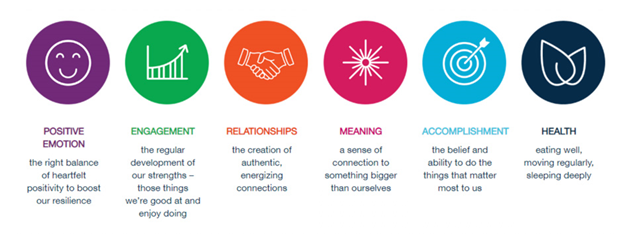Page last updated
04:14 PM - 18 October 2021
As part of our ongoing efforts to further improve wellbeing in our schools, KHDA has collaborated with The Wellbeing Lab to conduct a yearly Adults@School Wellbeing Survey. Three surveys have been conducted, commencing in 2018.
In 2020, just over 10,000 adults from 171 Dubai private schools, including teachers, support staff, administrators and principals, participated in the online survey. To view the results infographic click here.
Open to all adults at Dubai schools that interact with students, this fourth year of the survey will take place 31 October until 30 November, coinciding with the Dubai Student Wellbeing Census (DSWC). Schools that wish to participate in the 2021 Adults@School Wellbeing Survey must opt in. Participants can complete the survey online using any electronic device such as a mobile phone, tablet, or computer. All responses to the survey are confidential.
The Adults@School Wellbeing Survey is based on an adaptation of the PERMAH Workplace Survey inspired by Professor Martin Seligman’s positive psychology wellbeing theory for human flourishing. It combines leading research in the science of wellbeing with its application and provides science backed tools and practices to help adults at schools feel good and function effectively at work.
What is PERMAH?
PERMAH makes up six important building blocks of wellbeing and happiness:

The primary purpose of this survey is to help adults at school understand their own wellbeing and take responsibility for it. In addition, survey results provide school leaders with a better understanding of the wellbeing of their staff to use as evidence as part of their school improvement plans. Together, a whole-school approach focusing on the wellbeing of students and adults is most likely to generate sustained improvements.
The survey takes up to 15 minutes to complete. Once completed, it helps you understand your own wellbeing more, helps your school to support the wellbeing of its staff and support Dubai’s overall wellbeing agenda. Please note that all of the responses to the survey are confidential. The even better news is that there is no ‘right wellbeing score’ to try and achieve. There’s just the wellbeing score that works best for the participant.